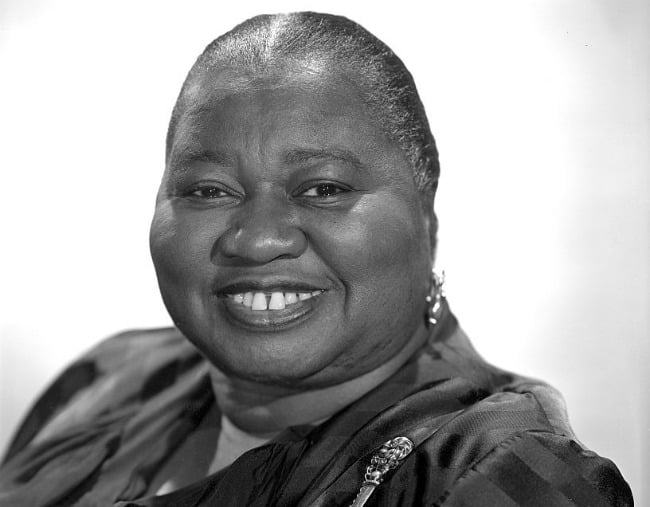
“You would have had the choke in your voice that all of us had.”
Such were the words of syndicated gossip columnist Louella Parsons, reflecting on the moment actress Hattie McDaniel walked across the stage at the famed Cocoanut Grove nightclub for the 12th annual Academy Awards and accepted her Oscar for Best Supporting Actress.
She was the first ever African-American to win one. It would take another 24 years before it happened again.
“Academy of Motion Picture Arts and Sciences, fellow members of the motion picture industry and honoured guests,” she said, award in hand. “This is one of the happiest moments of my life, and I want to thank each one of you who had a part in selecting me for one of their awards, for your kindness. It has made me feel very, very humble; and I shall always hold it as a beacon for anything that I may be able to do in the future. I sincerely hope I shall always be a credit to my race and to the motion picture industry. My heart is too full to tell you just how I feel, and may I say thank you and God bless you.”
McDaniel had, the year earlier, played Mammy in Gone With The Wind to critical and overwhelming acclaim. But in the moment she was allowed into the Oscars, she wasn’t able to sit with any of her cast mates.
Instead, as The Hollywood Reporter detailed in 2015, McDaniel was directed “to a small table set against a far wall, where she took a seat with her escort”. The hotel had a strict no-Blacks policy at the time, and not even the 44-year-old’s world-class performance could, both literally and metaphorically, get her a seat at the table.
Top Comments
It’s a sad story but it was a very well known one.